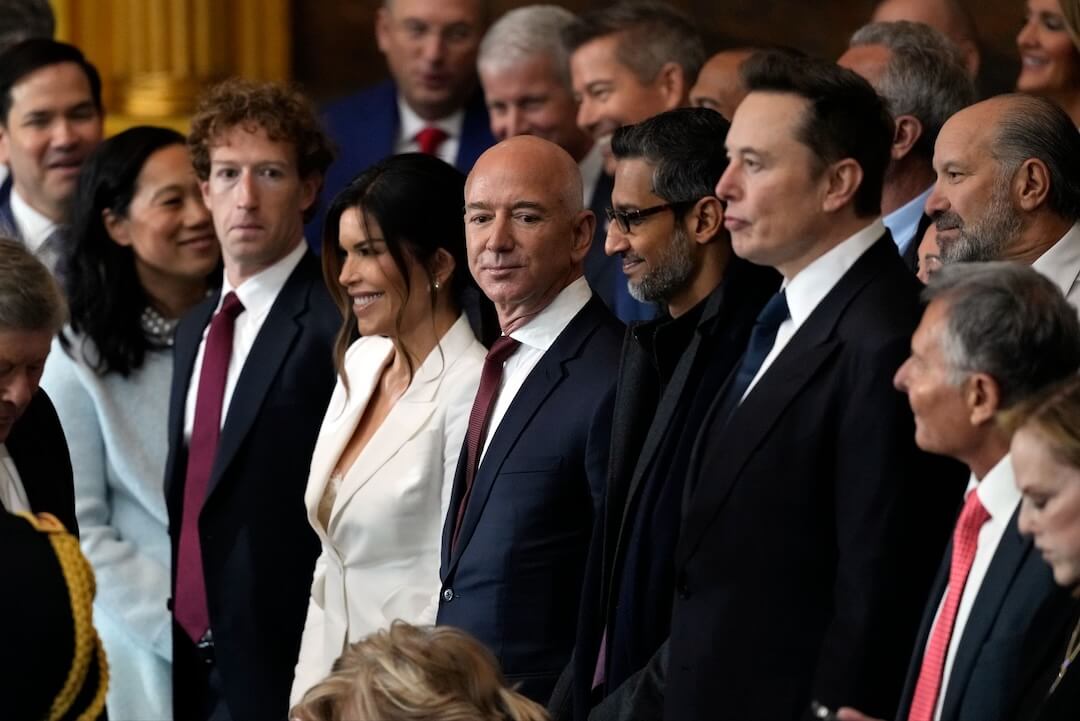When Farahnaz Mohammed started her fellowship at the Northwestern University’s Knight Lab, Joe Germuska, the lead at the lab, asked her, “If you could pick one thing that you can do about journalism, what would you pick?” She had an idea – she wanted to build a network for journalists from developing countries.
Starting January 2016, Mohammed will spend three months in New York to work toward that idea.
Mohammed is one of the four winners of the first batch of the Knight-VICE Innovators Fund. The fund is the result of a collaboration announced in December 2014 between VICE Media, the John S. and James L. Knight Foundation and the CUNY Graduate School of Journalism.
Other winners of the project include Guia Baggi from Italy, Davide Mancini from Italy and Tinashe Mushakavanhu from Zimbabwe. Mohammed is originally from Jamaica.
While two projects focus on tools for journalists that are global in nature, the other two are aimed at creating platforms for community-driven storytelling. Mohammed’s vision for the project came about from her own personal experience and frustration as a freelance journalist in Jamaica. According to her, the key issue for journalists in developing countries is the lack of resources.
“I don’t have a giant stack of money or cameras or training available for everyone, but I do know the power of a network,” said Mohammed.
Mohammed is a recent graduate of Northwestern University. Before she came to graduate school, she admits that she “could not get the attention of anyone who had a significant readership.” The network she made there however, made a difference.
She wants to translate that to developing nations such as her home country by facilitating south-south cooperation in journalism.
There are other existing networks that connect help cross-border collaboration between journalists, such as the ICIJ, but Mohammed thinks they are limiting. She wants to build an online space where finding a person is much more accessible.
Providing a comprehensive profile of each journalist rather than just their name – i.e. name, location, messaging platform, availability, a record of their response rate to inquiries and examples of work (maybe limiting to 2 or 3, as most journalists will host portfolios elsewhere). Combining all these elements allows for safe and easy ways of contacting journalists based on region and interest, while allowing others to vet for quality.
She wants to keep the site off of content so that it “discourages use of the platform as strictly a site for sources, rather than a place for collaboration.”
Her effort is to build accessible networks for journalists. Her fellow ‘innovator’ Tinashe Mushakavanhu wants to do that for the youth of Africa.
Titled YoungNation, Mushakavanhu wants to build a mobile focused platform for African youth to get information.
His research suggests that young people in Africa are reluctant to download apps to their phone. Hence, he is focusing on deploying text and voice as tools to penetrate information. Like Mohammed, Mushakavanhu’s motivation comes from his personal experience.
“In Africa, we don’t have platforms where we can freely speak and learn from each other,” said Mushakavanhu.
According to him, international publications having an African edition is not the solution either.
“We need our own BuzzFeed, our own Huffington Post, and at the moment we don’t have anything like that,” said Mushakavanhu.
The other two projects come from Italy. Guia Baggi’s project will focus on interactive mapping and documenting of global waste routes, investigating how waste moves from developed to developing countries and its impact. She plans to begin working on the project with the official data gathered by the Basilea convention and then approach each single national competent authority.
Davide Mancini’s project involves developing an online tool for crowd-gathering sources through social networks and help journalists find them in breaking news scenarios.
Under the program, the innovators will get access to classes at CUNY in the spring – something that will be tailored according to each fellow’s needs. They will also work from VICE’s production facilities in Brooklyn, partnering with their producers and journalists to further develop their work.
“Status quo pundits from the mainstream media who talk about ‘the end’ of journalism would do well to meet the young journalists like these four who are changing the game, in real time and for the better,” said Shane Smith, VICE Media co-founder and CEO. “News is going through a massive evolutionary phase and finding and supporting the right talent, rather than fearing change, is going to be the key to success going forward.”
CUNY has received a total funding amount of $500,000 for three years to support an estimated four fellows a year. Per CUNY, costs per person have yet to be determined. Fellows do not receive a lump sum and their funding is based on expenses for travel and living, stipends for rent and any necessary reimbursements for select project costs.






